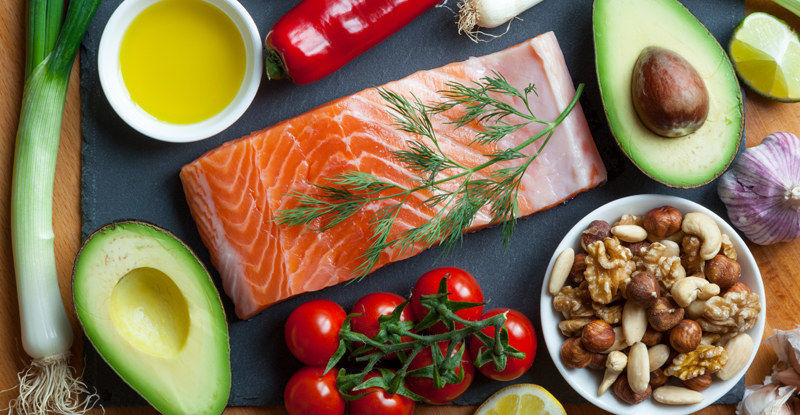What to know about the anti-inflammatory diet

Is this just another fad diet, or should I give it a try? You may be wondering about the anti-inflammatory diet, another trend that has been getting lots of attention. However, this diet stands out because it does have health benefits for those suffering from inflammation-related conditions.
What causes inflammation?
Inflammation happens when something foreign is introduced to our bodies. Common inflammation-related conditions include rheumatoid arthritis, ulcerative colitis, and Crohn’s disease. Chronic Inflammation can also lead to many other diseases and health problems including cancer, heart disease, and diabetes. Even if you are not suffering from an inflammation-related condition, this diet has many health benefits that could help anyone.
What are anti-inflammatory foods?
Anti-inflammatory foods are what any mainstream registered dietitian would refer to as healthy. Think fruits and vegetables, whole grains, plant-based proteins, fatty fish, and herbs and spices. Foods to avoid while on an anti-inflammatory diet are white-flour based carbohydrates, fried foods, soda/other sweetened beverages, red/processed meat, and margarine.
Certain foods have been specifically linked to helping reduce inflammation. These include the following:
- Tomatoes
- Olive oil
- Green leafy vegetables
- Nuts – almonds/walnuts
- Fatty fish
- Fruits – strawberries, blueberries, cherries, oranges
More specifically, the Mediterranean diet follows a set-up that includes foods linked to lowering inflammation and has also been known to be a successful short- and long-term diet option.
UPMC Health Plan members can reach out to a care manager and get advice. While care managers cannot recommend a specific diet, they can discuss healthy food options and incorporating a well-rounded diet into your routine. You can contact a health coach at 1-800-807-0751.
Resources:
www.health.harvard.edu/staying-healthy/foods-that-fight-inflammation



